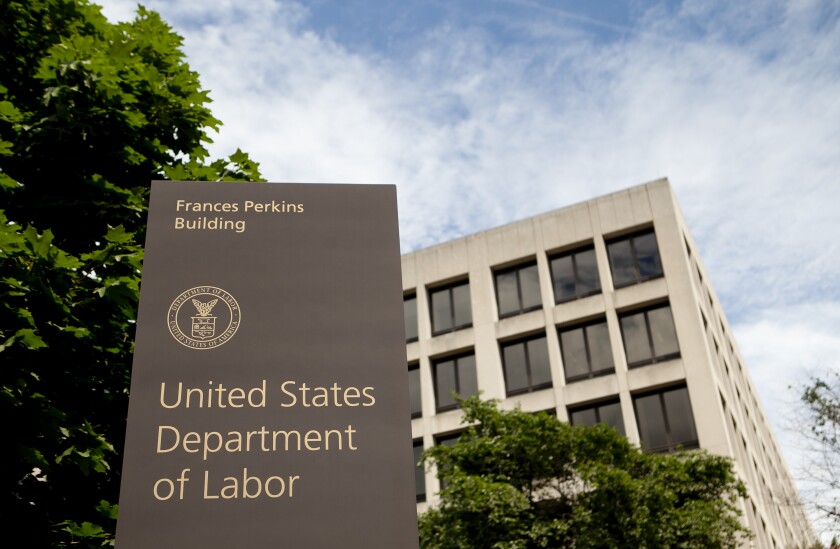New York Gov. Andrew Cuomo promised a 90-day moratorium on mortgage payments for financially strapped New Yorkers, the kind of help that U.S. homeowners didn't get during the last major economic crisis.
But the pledge was a surprise to the banks holding those mortgages, which say they heard about it first on the news. And Cuomo's own bank regulator characterizes the mortgage relief as mere "guidance."
"People are under tremendous economic pressure," Cuomo said Thursday as he announced the moratorium. "Making a mortgage payment can be one of the No. 1 stressors. Eliminating that stressor for 90 days, I think, will go a long way."

He said the state wasn't exempting people from payments. Instead, their mortgage terms would be extended to make up for the missed bills. He said there would be no late fees, no online payment fees and no black mark on homeowners' credit reports.
After Cuomo's announcement, New York's Department of Financial Services, which reports to the governor's office, put out a written statement saying it was "issuing guidance to urge all regulated and exempt mortgage servicers to do their part during this outbreak to alleviate the adverse impact caused by COVID-19 on those mortgage borrowers who demonstrate they are not able to make timely payments."
The slowest month of job growth since the spring occurred amid the ravages of the COVID-19 pandemic.
There are signs of a slowdown in the economy as businesses continue to struggle with rising COVID-19 infections across the country.
COVID-19 has led more employees to engage in dangerous drug and alcohol abuse. With a cost of $740 billion annually in lost productivity and healthcare costs, how can employers intervene before it’s too late?
Soon after, Mike Smith, the chief executive officer of the New York Bankers Association issued a statement thanking the department for issuing "guidance making clear that today's announcement was not mandatory and was directed toward state institutions. While we were not aware of this effort prior to the announcement, our member banks were already working to assist affected customers in many ways and will continue to do so."
Cuomo's press office didn’t respond to requests for comment.
The Trump administration is also considering a plan that would allow homeowners with lost income because of the coronavirus to delay mortgage payments, with a key question being how mortgage investors would be paid.
Some banks allow borrowers to modify mortgages by missing payments and extending the life of the loan, usually for a fee. And borrowers in areas hit by storms have been allowed to pause payments for a period.
But more than a decade ago, the Obama administration resisted calls to give payment or principal relief to homeowners after the mortgage-finance market imploded. In a book years later, Timothy Geithner, President Obama's Treasury secretary, defended giving banks assistance over consumers.
"We did not believe, though we looked at this question over and over, that a much larger program focused directly on housing could have a material impact on the broader economy," he wrote.
One difference between the two crises is that the latest one surfaced much more quickly, said Kajal Lahiri, an economics at the University at Albany. "This one came like a natural disaster," he said. "It came from nowhere."
"The whole economy has stopped, literally," Lahiri said, adding that "there is a sympathy there on both sides of the aisle to do as much as they can."





